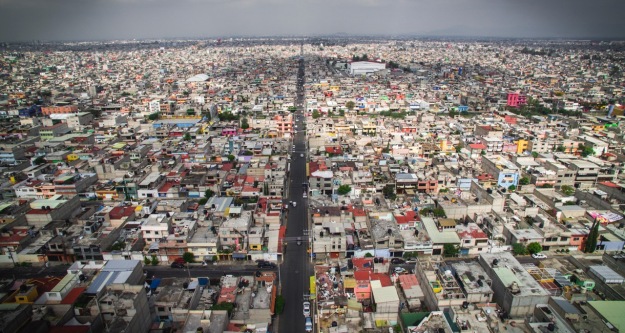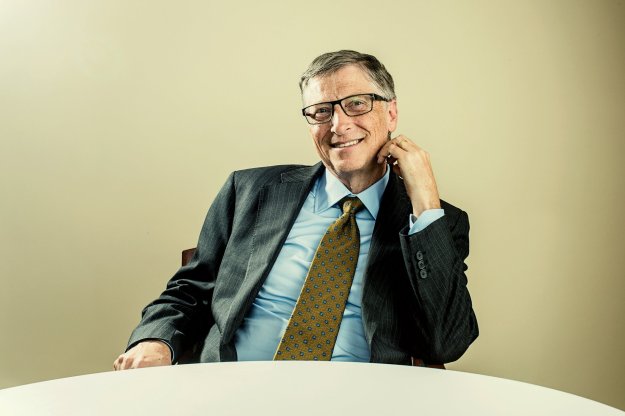We are in the Anthropocene
There is a growing voice among scientists that would like to label the current epoch as the Anthropocene distinctly following the Holocene.
The Anthropocene is defined to begin when human activities started to have a significant global impact on Earth’s geology and ecosystems. Our growth is accompanied by an exploding reduction in biodiversity. We large scale destruction of habitats followed by species extinction only paralleled by the major past extinction events like the Permian extinction.
We see the dramatic changes an extinction of wild life species on land, but the catastrophic impact of over fishing in the oceans tends to go unnoticed. First you might see a reduction in the size of the fish being caught, then you stop finding particular species altogether. If you take a look at peak catches over the last decades, you can see a dramatic reduction averaging 58% – and this was from 1964 to 1992 (I could not find more recent data.) We know that the impact of the last 25 years has been even more dramatic leading to complete collapse of certain species. This is solely due to unrestrained fishing not just catching the fish we want to eat, but also destroying numerous other species of “junk fish.” And BTW, many junk fish have been promoted to primary catch to replace species now gone.
Our techniques of industrialized over fishing and brutal drag net techniques not only decimate species, but also completely destroy supporting habitats. We unbalance ecological chains further destroying local ecosytems.
But this happens under the water surface, so the vast emptiness we are creating goes unnoticed.
Now we add to this the dramatic impact of climate change, which some of still debate fumbling at the edge.
If you look at the previous extinction events, you will likely note that it always ended in the destruction of the apex species, usually in the early phases. We pride ourselves as being the apex species. Good luck to us!
Earlier today I ran across a link on one of my favorite sites. Justin Hickey write about a fascinating book Open Letters Monthly In What a Fish Knows: The Inner Lives of Our Underwater Cousins Jonathan Balcombe writes about the research of the conscious existence of our vertebrate cousins in the water. Justing Hinkley provides a thoughtful review, which I could not do justice here paraphrasing. Just read it.

I was left with my ever increasing wonder about this world we inhabit.
I firmly believe that not only our model of human consciousness is “not even wrong,” but we seem incapable of appreciating the mental existence of all the beings that share our world. There is a tremendous agree of shared awareness and emotion – the experience that drives action. And the ability to suffer is universal.
We pride ourselves the apex of creation. But we are not only blind to the suffering of our fellow humans, but we are completely insensitive to the suffering we cause in our farms, in our forrests, in our oceans.
How will our epoch be remembered? I can only think that future species able to express it will call the Anthropocene blessedly short in duration and dominated by a species that was given much promise, the ability for sensitivity and greatness, but turned out to be a brutal aberration of butchers.
I am not proud.
















